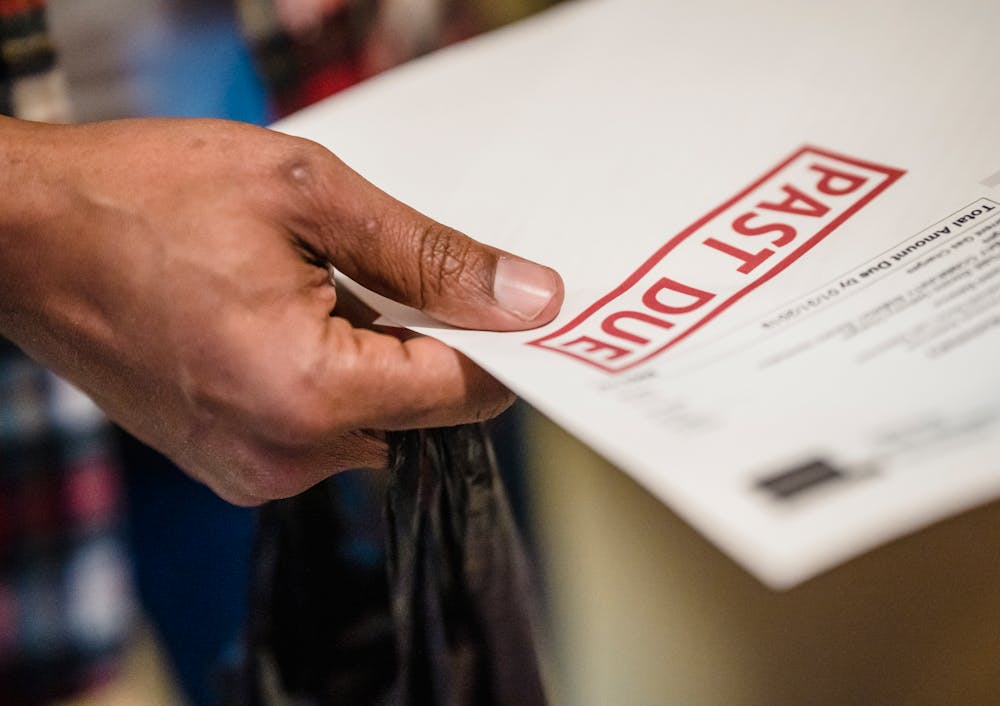The Importance of Understanding Premises Liability as a Business Owner

Premises liability is a crucial aspect of operating a business that many owners may overlook until faced with a lawsuit. This legal concept holds property owners and occupiers responsible for ensuring that their premises are safe for visitors. Failing to understand and manage premises liability risks can result in financial loss, reputational damage, and even the closure of a business. Below, we explore the significance of premises liability for business owners and steps to mitigate potential risks.
What Is Premises Liability?
Premises liability refers to the legal responsibility of property owners to maintain safe conditions for individuals who enter their premises. This area of law typically applies to businesses such as retail stores, restaurants, office buildings, and warehouses. If a person is injured on the property due to unsafe conditions, the business owner may be held liable for damages.
The degree of responsibility varies depending on the type of visitor. For instance, business owners owe the highest duty of care to customers, who are considered “invitees.” They must ensure that their premises are free from hazards and that any potential dangers are promptly addressed or clearly marked.
Why Premises Liability Matters for Business Owners
Premises liability is not just a legal obligation—it is integral to maintaining the trust and safety of customers, employees, and other visitors. Here’s why understanding this concept is so important for business owners:
Legal and Financial Implications
Premises liability claims can be costly. If a person is injured on your property and you are found negligent, you may be required to pay for medical expenses, lost wages, pain and suffering, and other damages. These costs can escalate quickly, especially if the case goes to court. For small businesses, such lawsuits can be financially devastating.
Moreover, some incidents can result in punitive damages if gross negligence is proven. Understanding your obligations and addressing hazards proactively can help minimize the risk of such claims.
Protecting Your Business Reputation
In the age of social media and online reviews, a single premises liability claim can significantly damage your reputation. Customers are likely to avoid businesses they perceive as unsafe, and news of an injury or lawsuit can spread quickly. Maintaining a safe environment demonstrates your commitment to customer well-being and builds trust, which is critical for long-term success.
Compliance with Legal Standards
In many jurisdictions, laws and regulations govern property safety standards, such as fire codes, building codes, and accessibility requirements under the Americans with Disabilities Act (ADA). Failing to comply with these regulations can result in fines, penalties, or legal action, in addition to a premises liability lawsuit.
Common Causes of Premises Liability Claims
Premises liability claims can arise from a variety of situations. Common causes include:
- Slip and Fall Accidents: Wet floors, uneven surfaces, or poor lighting can lead to injuries.
- Inadequate Security: A lack of proper lighting, surveillance, or security personnel can result in assaults or thefts on the property.
- Faulty Maintenance: Broken handrails, potholes, or malfunctioning equipment can pose risks.
- Hazards Specific to the Business: Restaurants, for example, may face risks from hot spills or slippery kitchen areas.
Recognizing these risks is the first step in addressing them effectively.
How to Minimize Premises Liability Risks
While it is impossible to eliminate all risks, business owners can take several proactive steps to reduce the likelihood of premises liability claims:
Regular Inspections and Maintenance
Conduct routine inspections to identify potential hazards on your property. Ensure that floors, stairs, handrails, and parking lots are in good condition. Address maintenance issues promptly and keep detailed records of inspections and repairs.
Employee Training
Train your staff to identify and address hazards. Employees should know how to respond to incidents, such as spills or broken equipment, and be aware of the importance of reporting potential risks to management immediately.
Clear Signage
If a hazard cannot be addressed immediately, use clear signage to warn visitors. For instance, “Wet Floor” signs can prevent slip-and-fall accidents while cleaning is underway.
Adequate Security Measures
Ensure your property is well-lit and equipped with security cameras or personnel if necessary. This is particularly important for businesses that operate late at night or in high-risk areas.
Liability Insurance
Investing in comprehensive liability insurance can provide financial protection in the event of a claim. Review your policy regularly to ensure it covers the specific risks associated with your business.
The Role of Legal Counsel
San Bernardino premises liability attorneys note that speaking with an attorney who specializes in premises liability can be invaluable. They can help you understand the legal standards in your jurisdiction, identify potential risks, and implement policies to ensure compliance. Having legal counsel also prepares you to respond effectively if a claim arises.
Understanding premises liability is not just about avoiding lawsuits—it’s about protecting your business, your employees, and your customers. By recognizing your responsibilities and taking proactive measures, you can create a safer environment that fosters trust and minimizes risks. For business owners, this knowledge is an essential part of operating responsibly and successfully in today’s litigious world.
